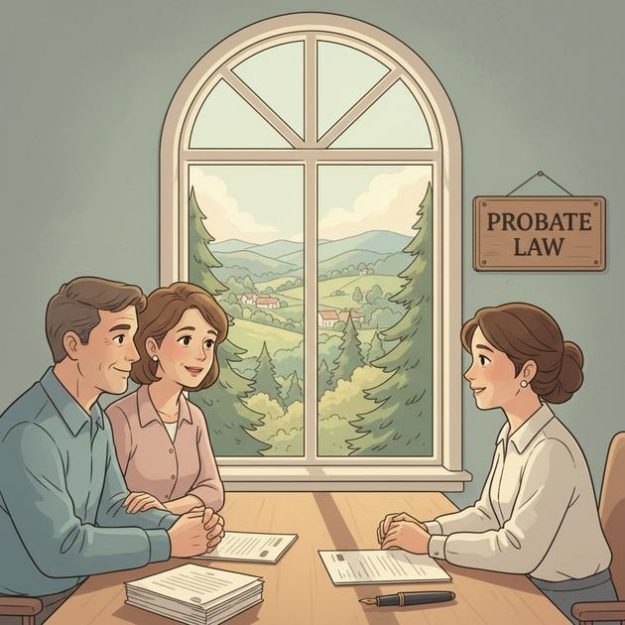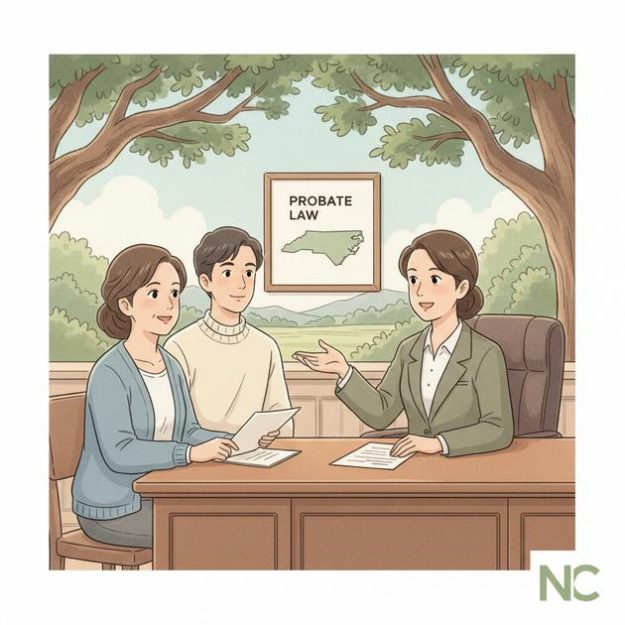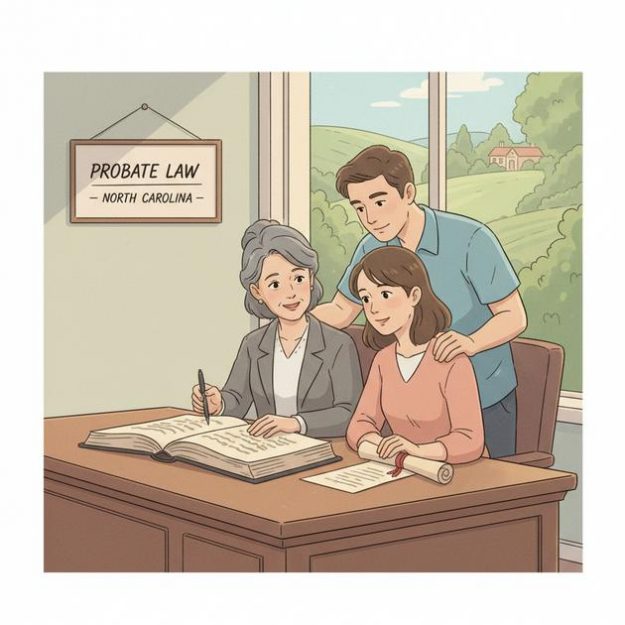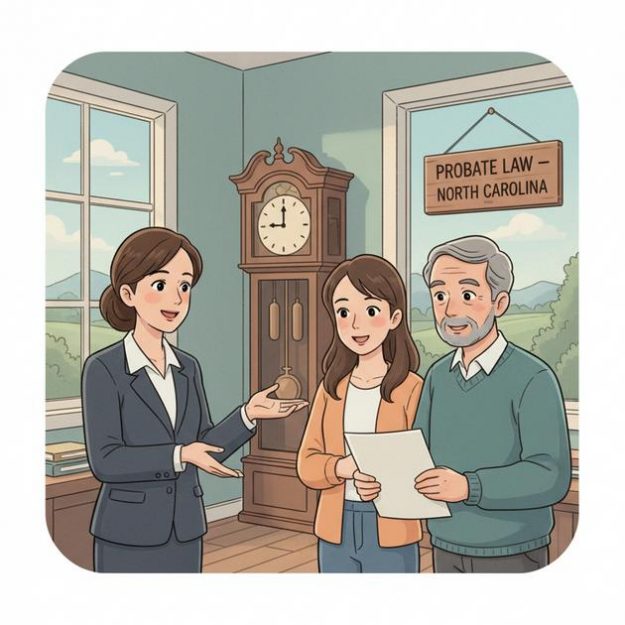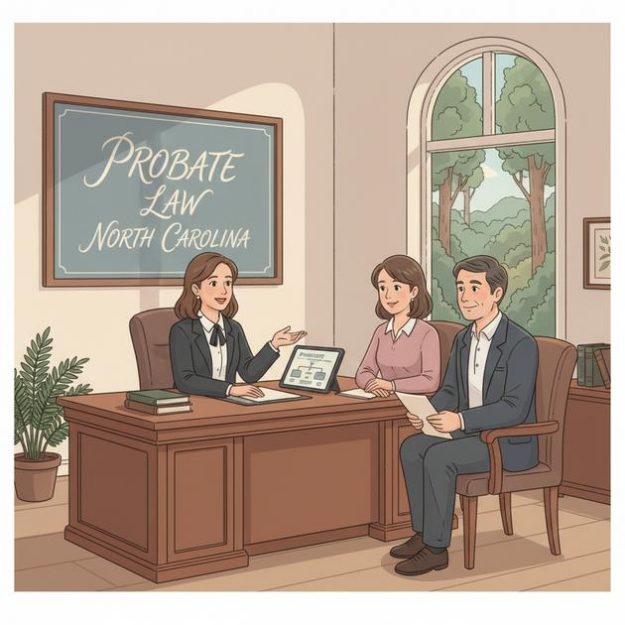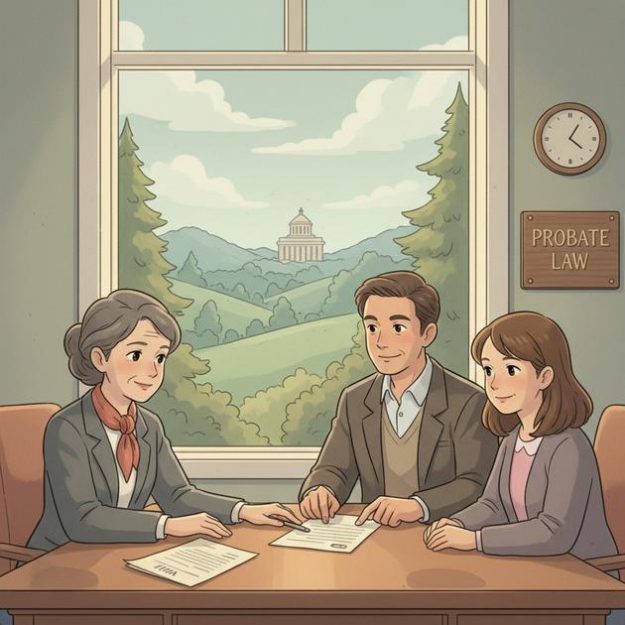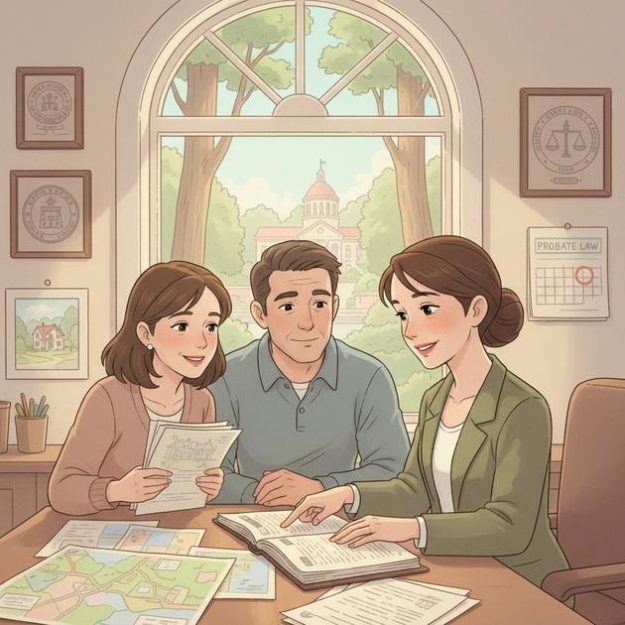How does an unfunded trust affect my ability to avoid probate? NC
How does an unfunded trust affect my ability to avoid probate? – North Carolina Short Answer In North Carolina, a revocable living trust avoids probate only for assets that are actually titled in the trust (or otherwise transfer to the trustee) at death. If major assets stayed in the decedent’s individual name—such as a bank…

